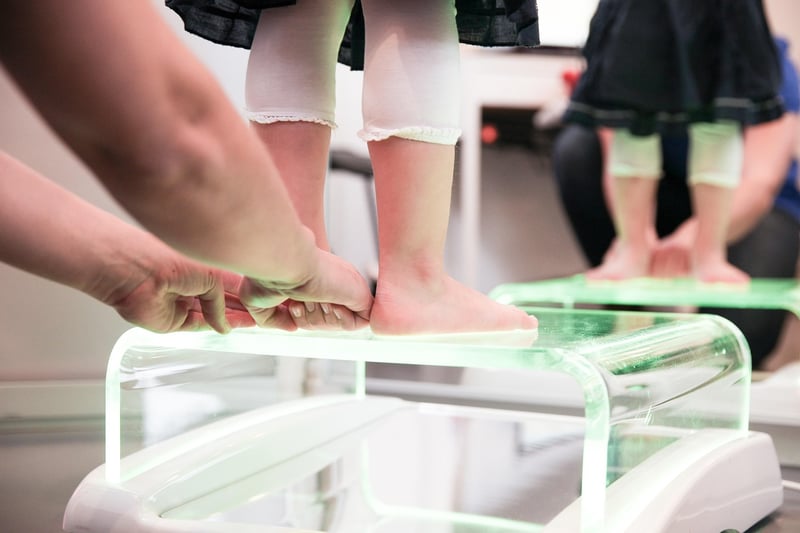Physical Therapy
The Importance of Care for Others' Well-being in Physical Therapy
Physical therapy is a vital healthcare profession focused on improving and restoring patients' physical function and mobility. It plays a crucial role in helping individuals recover from injuries, surgeries, or conditions that affect their ability to move and perform daily activities. While technical skills and knowledge are essential in physical therapy, the aspect of caring for others' well-being should not be overlooked.
Empathy and Compassion
Empathy and compassion are at the core of providing quality care in physical therapy. Patients often come to therapy feeling vulnerable, in pain, or frustrated with their limitations. A caring and empathetic therapist can make a significant difference in their healing journey by providing emotional support, understanding, and encouragement.

Building Trust
Establishing trust between the therapist and the patient is crucial for a successful therapy outcome. When patients feel cared for and valued as individuals, they are more likely to actively participate in their treatment plan and follow the therapist's recommendations. Trust enhances communication, collaboration, and ultimately, the effectiveness of the therapy.

Enhancing Motivation
Showing genuine care for patients can significantly impact their motivation to push through challenges and setbacks during therapy. Encouragement, positive reinforcement, and a supportive environment can inspire patients to stay committed to their rehabilitation goals and progress towards recovery.

Improving Patient Outcomes
Studies have shown that a caring and compassionate approach in healthcare, including physical therapy, can lead to better patient outcomes. When patients feel emotionally supported and cared for, they are more likely to adhere to their treatment plans, experience less anxiety, and have improved overall well-being.

In conclusion, the integration of care for others' well-being in physical therapy is essential for fostering positive therapeutic relationships, enhancing patient motivation, and ultimately improving treatment outcomes. By prioritizing empathy, compassion, and trust, physical therapists can create a supportive and healing environment that empowers patients on their path to recovery.
